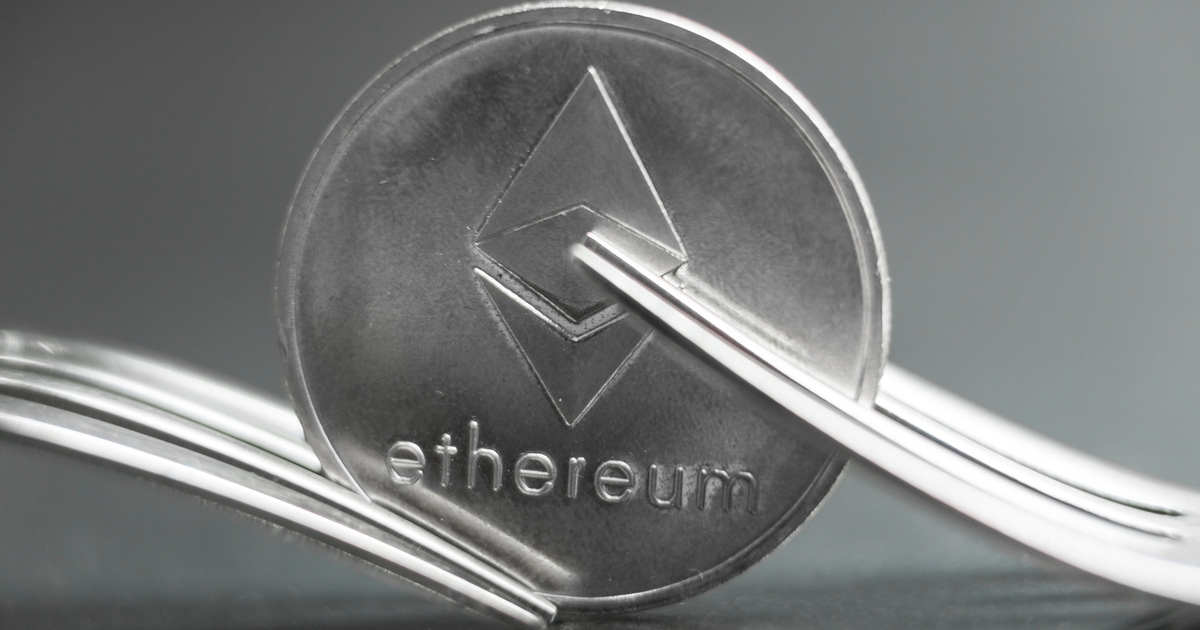Ethereum's Fusaka Update Introduces Transaction Gas Limit Cap with EIP-7825
Zach Anderson Oct 21, 2025 13:31
Ethereum's Fusaka update, featuring EIP-7825, introduces a transaction gas limit cap of approximately 16.78 million gas, enhancing network efficiency and preparing for future parallel execution.

Ethereum is set to implement a significant update with the Fusaka hard fork, introducing EIP-7825, which establishes a cap on the per-transaction gas limit. This change, effective on Ethereum's mainnet, aims to enhance network efficiency by capping transactions at 2²⁴ gas, or approximately 16.78 million gas, according to Ethereum's official blog.
Background
The Fusaka update comes as Ethereum continues to scale with higher block gas limits and prepares for parallel execution. Prior to this update, transactions could consume the entire block gas limit, which is around 45 million gas, posing risks for denial-of-service (DoS) attacks and hindering parallel processing capabilities. EIP-7825 seeks to resolve these issues by setting a hard cap on gas usage per transaction, thereby facilitating better block packing and paving the way for future parallel execution environments.
Impact
For most Ethereum users, the introduction of this gas limit cap will have little to no impact, as the majority of transactions fall well below the new limit. However, developers and users executing large transactions, such as batch operations, will need to adjust their strategies. These transactions will become invalid under the new cap, necessitating the refactoring of batch processes into smaller, sequential transactions.
To adapt to the Fusaka update, developers are advised to test their contracts and transaction builders on public testnets like Holesky and Sepolia, which already enforce the new gas limit. Additionally, developers should update their gas estimation logic and monitoring systems to account for the new cap.
Actionable Changes
- Test deployments and transaction builders on Sepolia or Holesky to ensure compliance with the new gas limit.
- Adjust gas estimation logic that assumes a higher per-transaction limit.
- Update monitoring and alerting systems to flag transactions exceeding the new gas limit.
All major Ethereum client implementations, including Geth, Erigon, Reth, Nethermind, and Besu, have integrated this change in their Fusaka-ready releases.
Outlook
The introduction of the transaction gas limit cap is a step towards Ethereum's transition to parallel execution, promising a safer and more predictable network environment. Developers and the Ethereum community are encouraged to engage in testing on public testnets and participate in discussions through forums like AllCoreDevs and Ethereum Magicians to stay informed about upcoming Ethereum Improvement Proposals (EIPs).
Image source: Shutterstock
.jpg)